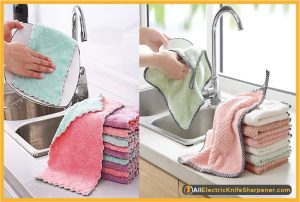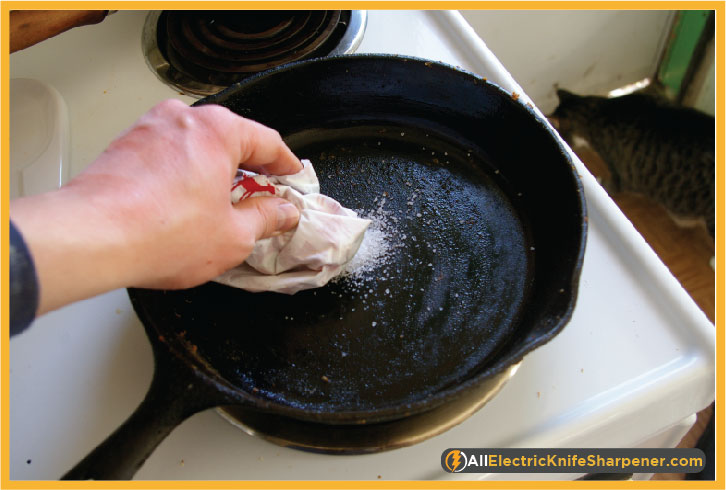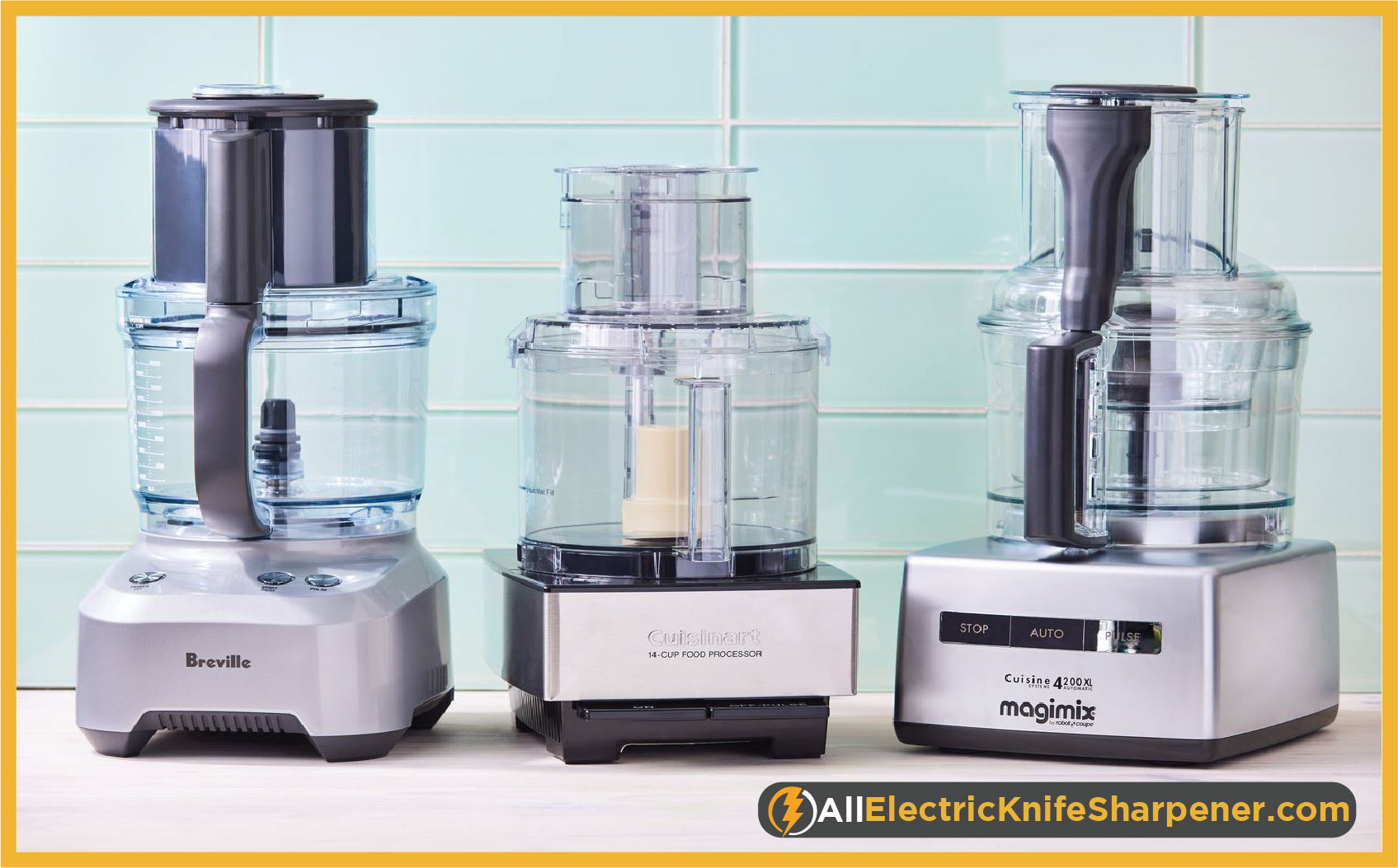Table of contents
Importance
Kitchen towels are essential in professional kitchens as they help keep surfaces clean and sanitary. They come in many sizes, fabrics, and colors to suit professional cooking applications.
A professional kitchen needs high-quality towels to ensure everything runs smoothly when preparing or serving food.
Not only do towels mop up spills quickly, but they can also remove debris or grease from surfaces and utensils before food is prepared or served, thus ensuring professional results.
Kitchen towel use is essential for professionals working with food because it ensures that everything is kept as clean and free from germs as possible.
In this blog post, we’ll discuss How To Clean Kitchen towels. In sum, professional chefs would only be able to do their job correctly with the help of quality kitchen towels.

Purpose Of Cleaning Kitchen Towels
The kitchen is one of the most critical areas in the home for keeping everything clean, neat, and organized. It’s also where germs and bacteria can hide when least expected — especially in your kitchen towels!
Dirty dishcloths are often filled with bacteria that can cause illness if they come into contact with food during preparation or while eating it.
But don’t despair; it’s easy to keep your kitchen towels hygienic and odor-free by following some essential cleaning tips outlined below.
With just a few simple steps, you’ll be well on your way to continue having squeaky-clean and fresh-smelling kitchen towels!
General Tips For keeping kitchen Towels Clean:

• Wash kitchen towels after every use. It may sound obvious, but it’s an important step that is often overlooked. Ensure the water temperature on your washing machine isn’t too hot, as this can cause colors to fade or shrink the fabric.
• If you’re using a dishwasher, select the highest temperature setting. It will help ensure that all bacteria and germs are eradicated from your kitchen towels.
• Never use fabric softener when washing your kitchen towels; it can break down absorbency and make them less effective.
• Always air-dry kitchen towels, as tumble drying or ironing may damage the fabric.
• When storing kitchen towels, ensure they are scorched and hung up in an area with good ventilation. It will help prevent the build-up of bacteria or mold.
• If you have a lot of kitchen towels, it’s a good idea to designate certain colors or patterns for specific tasks. For example, red towels may be used for cleaning countertops, and yellow towels may be reserved for drying dishes.
It will help you keep your kitchen organized and make it easier to spot when a towel needs to be washed or replaced.
By following these simple tips, you’ll have no trouble keeping your kitchen towels clean and fresh-smelling.
And with those professional-like results, you’ll be sure to impress any guest who may join you for dinner!
Other than cleaning and storing kitchen towels properly, choosing the right kitchen towel is also essential. Different types of kitchen towels are designed for various tasks and situations.
For example, terry cloth towels are highly absorbent and perfect for drying dishes, while lint-free cloths are a must when cleaning glassware.
Cotton kitchen towels can also soak up spills, providing superior absorbency and durability.
With these multi-purpose towels in your kitchen, you’ll always be ready to tackle the toughest messes!
Get Your Dishcloths And Tea Towels Sparkling Clean With These Simple Steps!

• Wash dishcloths and tea towels in hot water with a few drops of bleach. It will help eliminate the bacteria and germs that may have built up on them over time.
• Soak your dishcloths and tea towels for at least 5 minutes before washing them with detergent to allow the bleach to work its magic.
• Hang your dishcloths and tea towels out to dry in the sun, which will help them stay fresh and bacteria-free.
• Make sure you replace your old kitchen towels with new ones every few months or so —this will ensure that they remain free from bacteria build-up.
How To Disinfect Tea Towels And Dishcloths

• Fill a sink or bucket with hot water and add 1-2 cups of white vinegar.
• Place your tea towels and dishcloths in the solution and allow them to soak for at least an hour.
• Wash the towels, as usual, using a mild detergent before air-drying them in the sun.
• For added protection against bacteria, spray them with rubbing alcohol before allowing them to air-dry completely.
With these simple steps, you’ll be able to keep your kitchen towels clean, hygienic, and smelling fresh!
So don’t let those germs get the better of you; follow these tips today and enjoy a spotless kitchen tomorrow!
Drying Towels

• After washing, hang your kitchen towels to dry in a well-ventilated area. It will help prevent the build-up of bacteria or mold.
• Avoid using tumble dryers or irons as this can damage fabrics.
• If you’re in a hurry, use a fan or hairdryer on the lowest setting to speed up drying time. Please make sure the towels are completely dry before storing them away.
• Don’t forget to fold and store your towels properly when they’re not in use —this will keep them looking neat!
By following these tips, you can ensure your kitchen towels stay clean and hygienic for longer!
How To Wash Microfiber Cloths

• Microfiber cloths are machine washable, but it’s best to wash them separately from other kitchen towels.
• Add a few drops of mild detergent and set the washing machine to a gentle cycle.
• Never use fabric softener or bleach on microfiber cloths, as this can damage the fibers.
• Hang the clothes up to dry in a well-ventilated area away from direct sunlight.
• Avoid using tumble dryers or irons as this can cause them to shrink or deform.
By following these simple steps, you’ll be able to keep your microfiber cloths clean and hygienic for longer! With their superior absorbency and soft texture, you’ll be sure to have streak-free results every time.
Caring for your kitchen towels is essential for a spotless kitchen. These easy steps ensure that your tea towels and dishcloths are always clean and fresh-smelling.
How To Wash Microfiber Cloths By Hand

• Fill a basin or bucket with lukewarm water and add a few drops of mild detergent.
• Place your microfiber cloths in the solution and leave them to soak for 5-10 minutes.
• Rinse the cloth thoroughly under running water until all traces of soap have been removed.
• Hang your clothes up to dry in a well-ventilated area away from direct sunlight.
• Never use fabric softener or bleach on microfiber cloths, as this will damage the fibers.
By following these simple steps, you can keep your microfiber cloths clean and hygienic for longer! With their superior absorbency and soft texture, you’ll be sure to have streak-free results every time.
Is putting your microfiber towel in the tumble dryer or iron safe?
The answer is no! The heat from these appliances can damage the fibers and cause them to shrink or deform. For best results, always air-dry your microfiber cloths in a well-ventilated area away from direct sunlight.
There you have it — now you know how to wash and care for your kitchen towels! By following these simple steps and tips, you’ll be able to enjoy a spotless kitchen in no time. So don’t wait any longer; get cleaning today!
How To Clean Your kitchen Sponge?

Properly sanitizing your kitchen sponge is essential for a safe and hygienic cooking area.
Here’s what you should do:
• Soak your kitchen sponge in water and dish soap for at least five minutes.
• Rinse the sponge thoroughly under running water until all traces of soap have been removed.
• Place the sponge on a paper towel or wire rack and let it air-dry.
• Place the sponge in the microwave on high for one minute to kill any remaining bacteria or germs.
• Replace your kitchen sponge every few weeks for best results.
By following these steps, you can make sure your kitchen sponge remains clean and hygienic! It will help prevent the spread of germs and bacteria so that you can enjoy a safe and spotless cooking area.
Conclusion
By following these simple tips and steps, you can ensure your kitchen towels stay clean and hygienic for longer.
Make sure to wash microfiber cloths separately in a gentle cycle with mild detergent, and never use fabric softener or bleach on them.
Also, remember to sanitize your kitchen sponge regularly for a safe and spotless cooking area. With these tips and tricks, your kitchen cleaning routine will be a breeze!
Frequently Questions & Answers
This article has helped you learn how to wash and care for your kitchen towels properly. With these tips and tricks, you can keep your kitchen clean and hygienic for longer! Thanks for reading, and happy cleaning



